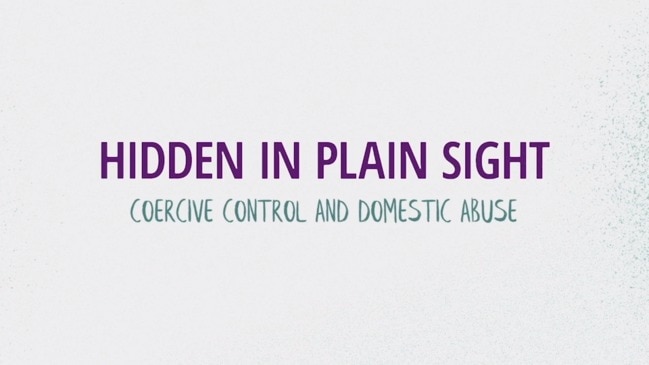Govt wants banks trained in recognising coercive control
A task force has been told bank tellers should be trained in how to look for signs of a person being coercively controlled via their finances.

QLD News
Don't miss out on the headlines from QLD News. Followed categories will be added to My News.
Bank tellers should be trained in how to look for signs of a person being coercively controlled via their finances, a task force looking into legislating against the insidious form of abuse has been told.
One of the recommendations the Queensland’s Office of the Public Guardian made to the Women’s Safety and Justice Taskforce was that banking staff should receive targeted training on how to detect coercive control and the appropriate action they should take if it’s suspected. “Financial abuse is a common manifestation of coercive control,” the submission stated.
The government department, which protects the rights and interests of vulnerable Queenslanders, has also asked the task force to specifically look at coercive control perpetrated against adults with impaired decision-making capacity by family members, specifically focusing on elder abuse.
The Women’s Safety and Justice Taskforce, led by former Queensland judge Margaret McMurdo, is still deciding on whether or not it will recommend new coercive control laws when it delivers its report to the government in October.
It received more than 600 submissions, including 81 submissions specifically responding to legislating against coercive control, including from the Queensland Police Service which revealed that a staggering 40 per cent of police time was spent responding to and investigating domestic and family violence.
In past financial year police investigated 119,876 domestic violence incidents across Queensland.

In its submission it made a number of recommendations to better protect victims and hold perpetrators to account including a crack down on a “legal anomaly” that allows self-represented defendants, charged with contravention of a domestic violence order, to directly cross-examine the complainant.
It comes as senior police told The Courier-Mail they wanted the power to be able to tell new partners of horrific domestic violence offenders about their past crimes.
Another recommendation made was that officers be allowed to take video and audio recorded statements, instead of written statements, from victims to be used as evidence in chief.
Others included increased information sharing between service providers and police to better assess risk and the introduction of a ‘police domestic abuse assessment notice’ that would require domestic violence respondents to attend an assessment program to trigger intervention strategies.
Police also noted that if an offence of coercive control was introduced, it would need to be drafted in a way that minimises risk of over-criminalisation.
Task force head Ms McMurdo said it had received a wide range of opinions, including arguments for and against criminalisation of coercive control.
“What the submissions have in common, though, is a determination to better educate our community about domestic abuse, to keep victim survivors safe, and to make perpetrators accountable,” she said.
The task force’s second discussion paper will look at women and girls’ experience across the criminal justice system, with a final report due to the Government in March 2022.
More Coverage
Originally published as Govt wants banks trained in recognising coercive control




